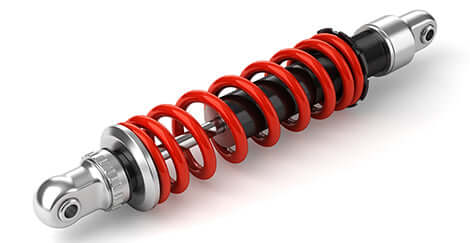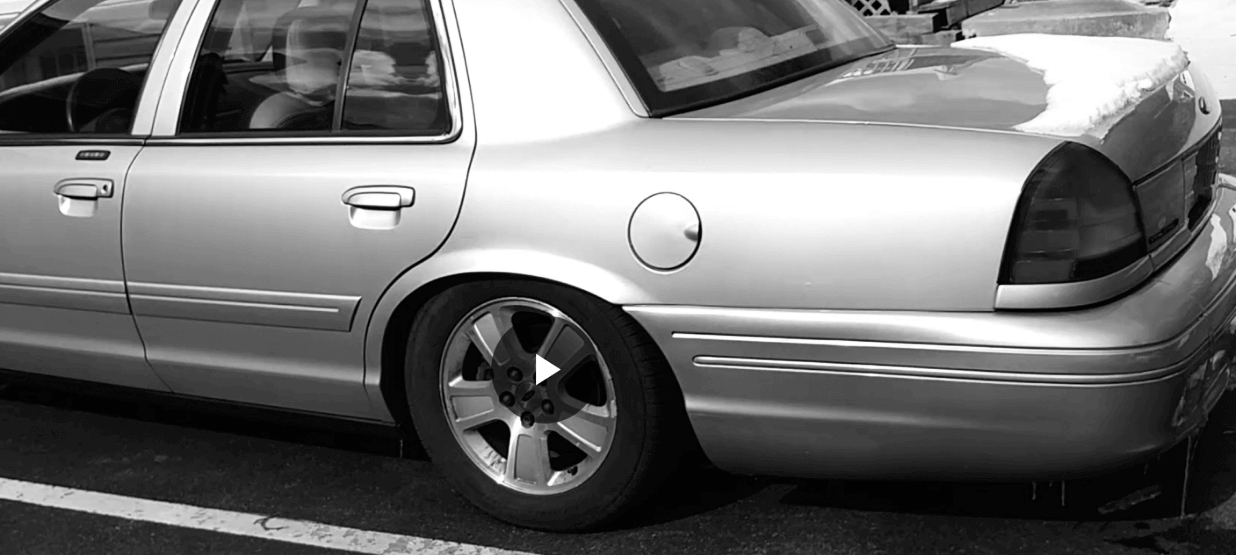 Suspension issues with Ford vehicles are common, but they can also be the most difficult automotive problems to deal with. They can negatively affect performance and safety, plus repairing Ford suspension parts can be expensive. Fortunately, understanding common suspension issues, such as those discussed below, and their symptoms can make them easier to deal with.
Suspension issues with Ford vehicles are common, but they can also be the most difficult automotive problems to deal with. They can negatively affect performance and safety, plus repairing Ford suspension parts can be expensive. Fortunately, understanding common suspension issues, such as those discussed below, and their symptoms can make them easier to deal with.
Air Leaks
Air leaks are the most common suspension issue with Ford vehicles equipped with an air suspension system. When your vehicle is suffering from an air leak in the suspension, your car will ride lower than usual or sag on one side. Air leaks usually occur within the air springs. The rubber on the air springs is durable enough to last several years and more than 100,000 miles. However, time and wear and tear can cause the rubber to deteriorate and crack, which leads to air leaks.
Overworked Air Compressor
Ford vehicles with air leaks in the suspension system will also have to deal with an overworked air compressor. When the air springs are damaged, they no longer can stay sufficiently inflated. This causes the air compressor to continuously pump air into the air springs. Generally, the compressors should only run for a few seconds when inflating the air springs. If it’s working longer than that, it can overheat and cause severe vehicle damage.
Wandering Steering
Wandering steering is when your vehicle drifts to the left or right on its own without you moving the steering wheel. This common Ford suspension issue is a sign that your vehicle’s ball joints are wearing out. Ball joints allow the wheels and the suspension to move as the steering wheel turns. You may also hear a creaking sound when turning or notice suspension parts dragging on the road while you drive when your ball joints are worn or broken.
Excessive Bouncing
Excessive bouncing is a common suspension issue that most Ford drivers experience, and it’s caused by damaged or leaking shock absorbers. These air suspension parts are responsible for cushioning the vehicle from the impact of bumps on the road and keeping your car on the ground. When the shocks are leaking or damaged, they no longer can keep your car on the road or ensure a smooth performance. Thus, your Ford starts to bounce excessively, especially as you drive over bumps and dips.




